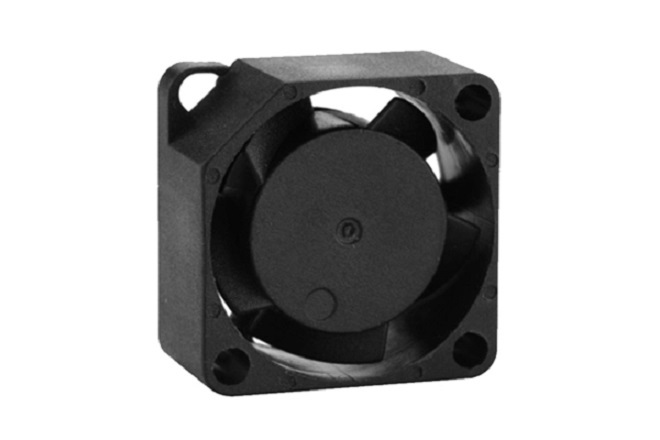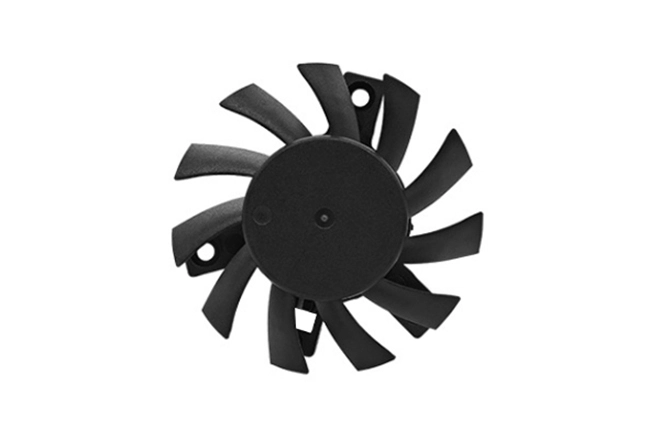

In today's fast-paced era of information technology, the stable operation of data centers and critical infrastructure has become more important than ever. UPS (Uninterruptible Power Supply) systems play a vital role as guardians, ensuring that critical equipment continues to function during power outages or fluctuations.
However, prolonged operation of UPS systems generates significant heat, necessitating an efficient cooling fan system to maintain performance and extend service life. Today, we will discuss the importance of UPS cooling fans and how to choose the most suitable one.
UPS cooling fans are an indispensable component of any UPS system. They are powered by the auxiliary power supply within the UPS, often referred to as the SPS (Switch Power Supply). The SPS adjusts the voltage supplied to the cooling fans based on the load detected by the UPS, enabling the fan to increase airflow as the load grows. This intelligent regulation ensures optimal cooling under varying load conditions.
The SPS power source typically comes from two channels: one directly rectified from the mains and the other derived from battery voltage division. If the UPS cooling fan is still running, it indicates that the SPS is functioning, meaning the power supply from either the mains or battery has not been interrupted. This ensures the continued stability of the UPS system.
When choosing a UPS cooling fan, the following key factors should be carefully considered:
Balance Between Airflow and Static Pressure
Selecting a UPS cooling fan requires not only meeting the airflow requirements but also considering static pressure. Engineers should refer to the fan's P-Q curve to identify the most suitable fan for the UPS system.
Environmental Adaptability
UPS systems often operate in harsh environments. The chosen cooling fan must be capable of withstanding varying temperatures, humidity levels, and dust conditions.
Durability and Reliability
The durability and reliability of the cooling fan are crucial for the long-term stable operation of the UPS system. Factors such as the fan's material, bearing type, and motor quality should be evaluated. High-quality fans can maintain consistent performance during extended operation, reducing maintenance needs and replacement frequency.
Noise Control
In many applications, particularly in noise-sensitive environments such as data centers, noise control is a critical factor. The fan's design and materials should ensure that noise levels are kept within acceptable limits while meeting cooling requirements.
Energy Efficiency
With rising energy costs, the energy efficiency of UPS cooling fans has become a key consideration. High-efficiency fans can provide effective cooling while reducing energy consumption, ultimately lowering long-term operational costs.
Selecting the right UPS cooling fan can significantly enhance the stability and reliability of a UPS system while also reducing energy consumption and operational costs. By considering factors such as airflow, environmental adaptability, durability, noise control, and energy efficiency, you can ensure optimal performance for your critical infrastructure.

